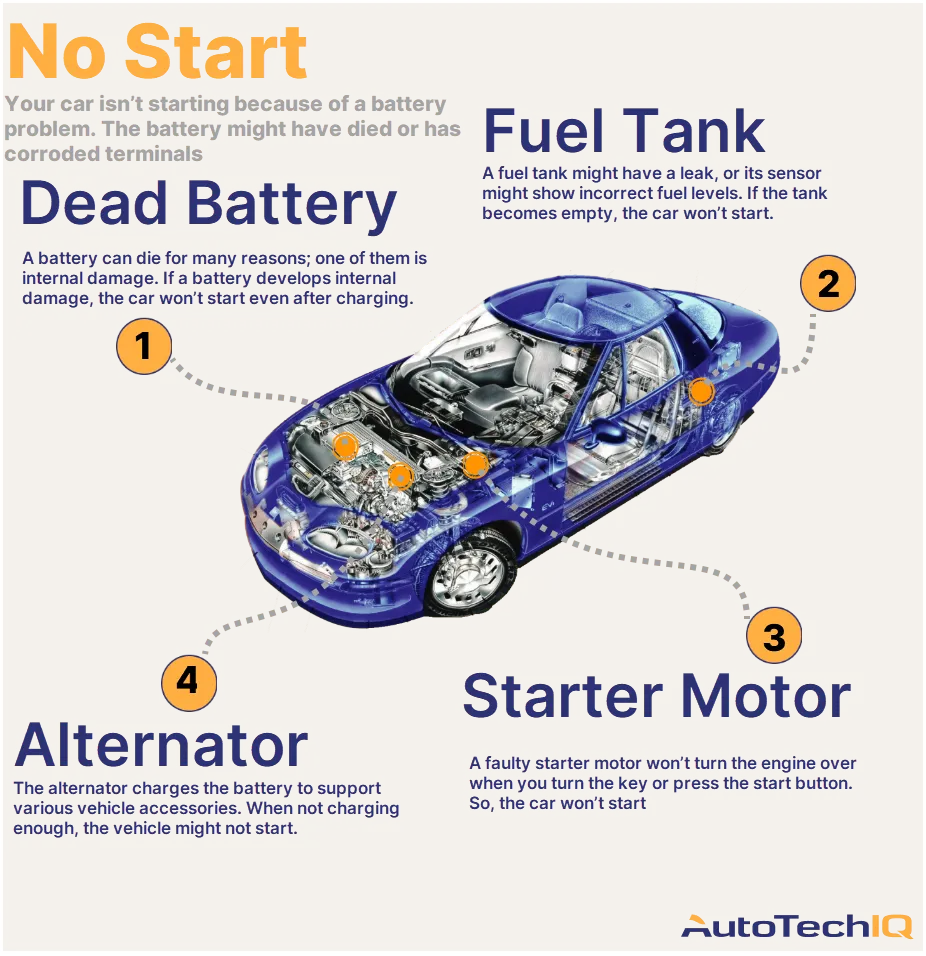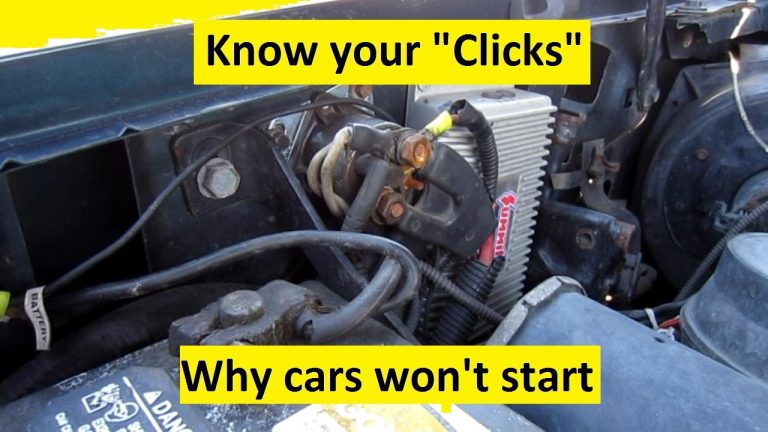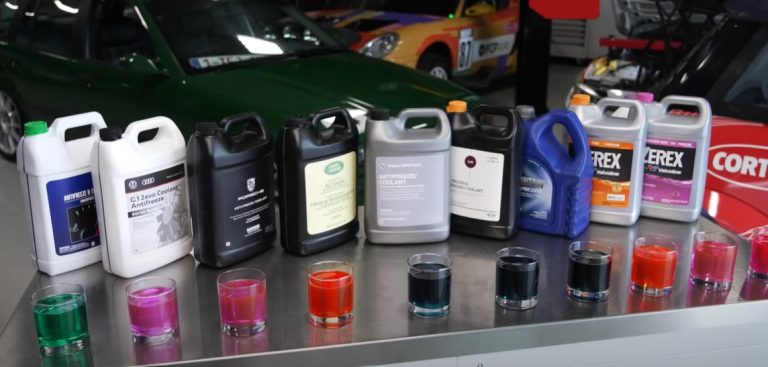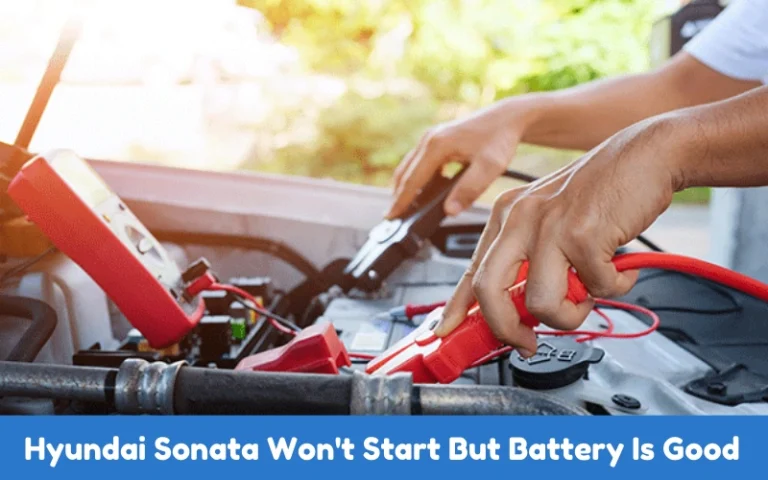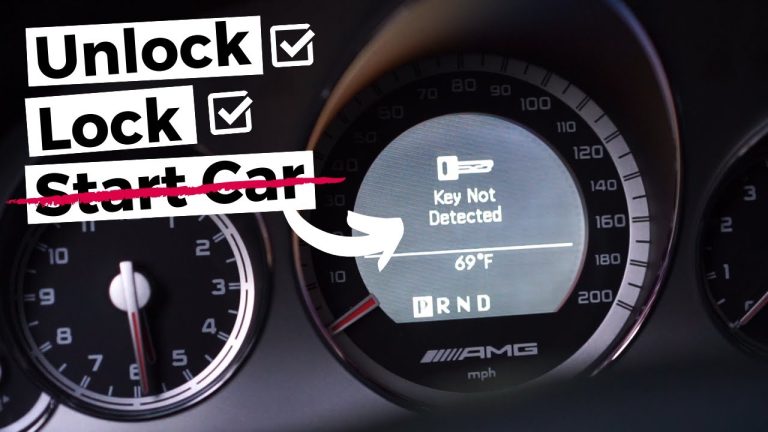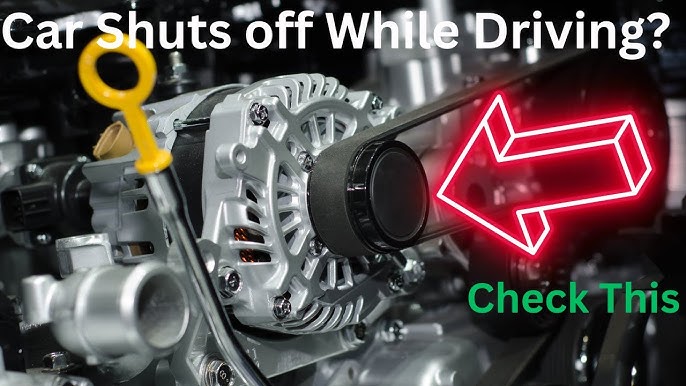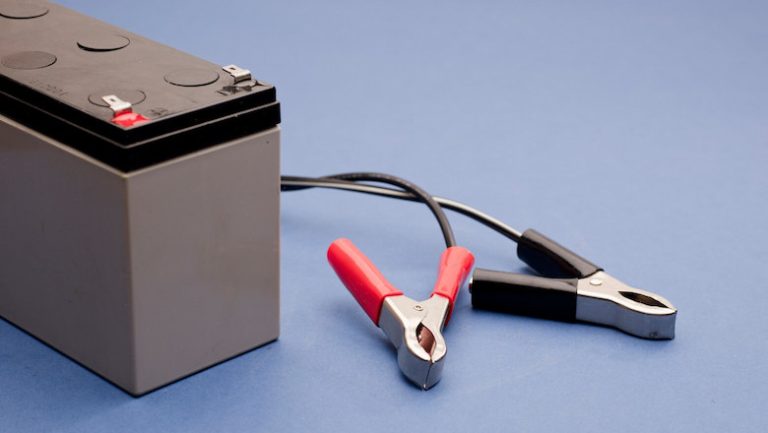Car Won’T Turn Over: Troubleshooting Tips
If your car won’t turn over, it may be due to a dead battery, faulty starter, bad ignition switch, or corroded battery terminals. Check for clicking sounds or dim lights. Ensure the gear is in Park or Neutral and the brake is pressed if using a push-button start.
We’ve all been there, and it’s frustrating. You’re left wondering what went wrong and how you can fix it without a major headache. But don’t worry; you’re not alone, and there are solutions that might be simpler than you think.
We’ll guide you through the common reasons why your car might not be starting and how you can troubleshoot the issue. Whether it’s a dead battery, a faulty starter, or something else entirely, understanding the problem is the first step in getting back on the road. By the end of this read, you’ll feel more confident in tackling the situation or knowing exactly what to tell your mechanic. Let’s dive into the world of car troubles and turn your frustration into empowerment.

Credit: www.pandahub.com
Car Won’T Turn Over
Common Causes Of Starting Issues
When your car won’t start, it can be frustrating. Understanding common causes can help you diagnose the issue. This section explores typical reasons cars struggle to turn over. Simple checks might save you time and money.
A dead or weak battery is a common issue. Batteries lose power over time. Corrosion on battery terminals can interrupt the connection. Check for signs like dim lights or clicking sounds. These indicate battery trouble.
Read more: Key Won’t Turn in Ignition: Troubleshooting Tips
Faulty Starter
The starter cranks the engine. If it fails, the engine won’t turn over. Listen for a clicking noise when turning the key. This noise suggests starter problems. Sometimes, tapping the starter lightly can help temporarily.
Ignition Switch Issues
The ignition switch sends power to the starter. A worn-out switch can prevent starting. Test if other electrical components work. If not, the switch might be faulty. Replacing it can solve the problem.
Fuel System Problems
Fuel is essential for starting. Issues in the fuel system can halt the process. Check if the fuel pump works. Ensure there’s enough fuel in the tank. Blocked fuel filters can also cause starting issues.
Electrical System Malfunctions
Electrical problems can affect starting. Loose or damaged wiring disrupts the system. Inspect the fuses and connections. Look for signs of wear or damage. Fixing these can restore normal function.
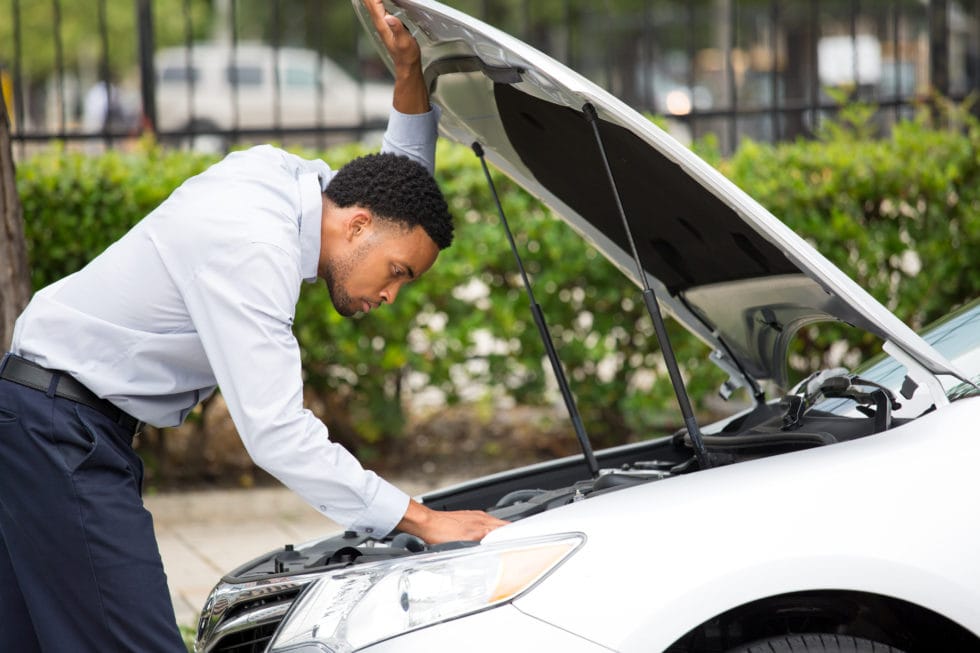
Credit: agworkers.com
Battery Problems
A car that won’t turn over often signals battery issues. Dead or weak batteries can prevent the engine from starting. Regular maintenance can help identify and fix these problems early.
Car troubles can be frustrating, especially when your vehicle won’t turn over. One of the most common culprits behind this issue is the battery. Understanding battery problems can save you time and money, and keep your car running smoothly. Let’s dive into some key aspects of battery issues that might be hindering your car from starting.
Read more: Car Won’t Start After Jump: Troubleshooting Tips
Understanding Battery Life
Car batteries have a limited lifespan, typically ranging from three to five years. Factors like extreme temperatures, frequent short trips, and lack of maintenance can shorten this lifespan. Check the manufacture date on your battery to ensure it hasn’t outlived its prime.
Signs Your Battery Is Dying
Have you noticed dim headlights or a slow engine crank? These are common signs of a dying battery. Sometimes, the dashboard might show a battery warning light. Pay attention to these signals before they leave you stranded.
Corroded Battery Terminals
Corrosion around the battery terminals can impede the flow of electricity. This often appears as a white, powdery substance. Regularly clean the terminals using a mixture of baking soda and water to maintain a strong connection.
Battery Testing
Testing your battery can provide clarity about its condition. Use a multimeter to measure the voltage. A healthy battery should read around 12.6 volts or higher. If the reading is low, it might be time for a replacement.
Jump Starting Your Car
If your car won’t start due to a dead battery, a jump start might be a quick fix. Make sure you have jumper cables and another vehicle with a charged battery. Connect the cables correctly to avoid any electrical mishaps.
Maintaining Your Battery
Regular maintenance can extend your battery’s life. Ensure it’s securely mounted, check the electrolyte levels if it’s not a sealed battery, and keep it clean. These small steps can prevent unexpected breakdowns. Have you had an experience where a simple battery check could have saved you a tow truck call? Maintaining your car’s battery might seem trivial, but it can prevent countless headaches. Always keep your battery in check and ensure it’s ready to power your adventures.
Ignition System Faults
Car not turning over? The problem might be the ignition system. The ignition system ignites the fuel-air mixture in the engine. If it fails, the engine can’t start. Understanding ignition faults helps in diagnosing issues. Let’s explore common ignition system problems.
1. Faulty Ignition Switch
The ignition switch starts the car. If it’s faulty, the car won’t start. Signs include no noise from the starter motor. This can occur due to worn contacts inside the switch. Replacing the ignition switch resolves the issue.
2. Bad Spark Plugs
Spark plugs ignite the fuel in the engine. Worn or dirty plugs can prevent starting. Check for signs like rough idling or misfires. Regular maintenance of spark plugs ensures smooth engine operation.
3. Defective Ignition Coil
The ignition coil converts the battery’s voltage. It creates the spark for ignition. A defective coil results in weak or no spark. This leads to difficulty starting the car. Testing and replacing faulty coils can solve the problem.
4. Damaged Distributor Cap
The distributor cap delivers voltage to the spark plugs. Cracks or corrosion can cause starting issues. Look for moisture or damage on the cap. Replacing the distributor cap restores the ignition system.
5. Wiring Issues
Wiring connects all ignition components. Damaged or loose wires disrupt the ignition process. Inspect wires for wear or disconnection. Repairing faulty wiring ensures a smooth electrical flow.
Understanding ignition system faults helps in quick diagnosis. Regular maintenance reduces the risk of ignition problems. Stay proactive with car care to ensure reliability.
Fuel Supply Issues
Car won’t turn over due to fuel supply issues. Clogged fuel filters or a faulty fuel pump might be the cause. Regular maintenance and inspection can help prevent these problems.
When your car won’t turn over, the problem might be linked to fuel supply issues. This can be frustrating, especially when you’re in a rush. Understanding how fuel supply problems can affect your car is crucial. It helps you get back on the road faster and saves you from unexpected hassles. Let’s dive into some common fuel supply issues that could prevent your car from starting.
Fuel Pump Failure
The fuel pump’s role is simple yet vital: it sends fuel from the tank to the engine. A faulty fuel pump means the engine doesn’t get the fuel it needs to start. Listen for a soft humming sound when you turn the key. If you don’t hear it, your fuel pump might be on strike.
Clogged Fuel Filter
The fuel filter keeps dirt and debris out of your engine. Over time, it can become clogged and restrict fuel flow. This can lead to a weak or non-existent start. Think of it as trying to drink a thick milkshake through a small straw.
Empty Gas Tank
It might sound obvious, but running out of gas happens more often than you’d think. A faulty fuel gauge can trick you into believing you have more fuel than you do. Always keep an eye on your fuel levels and fill up regularly.
Faulty Fuel Injectors
Fuel injectors spray fuel into the engine’s cylinders. If they’re clogged or malfunctioning, the engine doesn’t get the right amount of fuel. This can lead to poor engine performance or failure to start. Regular maintenance can keep them in check.
Water In Fuel System
Water can enter your fuel system due to condensation in the tank. It can cause corrosion or freeze in colder climates, leading to blockages. Using a fuel stabilizer can help prevent this issue. Have you ever checked your fuel for water content? Having a clear understanding of these issues can save you time and money. Keep an eye on your vehicle’s behavior. Regular checks and maintenance can help prevent fuel supply issues before they become a major headache.
Starter Motor Malfunctions
Starter motor malfunctions can be frustrating. They often prevent cars from starting. Understanding these issues can save time and money. Let’s explore common problems and solutions.
Starter Motor Basics
The starter motor is crucial for engine ignition. It converts electrical energy into mechanical motion. Without it, the engine won’t start. Knowing its function helps in diagnosing problems.
Common Symptoms Of Malfunction
Listen for a clicking sound. This often indicates a faulty starter motor. Silence after turning the key is another sign. Slow engine cranking can also suggest starter issues.
Causes Of Starter Motor Issues
Faulty wiring can lead to malfunction. Worn brushes may cause poor performance. Corroded connections can disrupt electrical flow. A weak battery may affect starter function.
Testing The Starter Motor
Check the battery first. Ensure it’s fully charged. Inspect wiring and connections. Use a multimeter for voltage checks. These steps help pinpoint the issue.
Repair Or Replace?
Minor problems may need simple repairs. Replace worn brushes or clean connections. Severe damage often requires a new starter motor. Evaluate the cost and time involved.
Preventive Measures
Regular maintenance can avoid future problems. Clean battery terminals frequently. Inspect wiring for wear and tear. Routine checks ensure the starter motor stays reliable.

Credit: www.youtube.com
Frequently Asked Questions
Why Won’t My Car Turn Over?
Your car might have a dead battery. Check connections. Ensure the battery is charged.
What Causes A Car Not To Start?
Faulty starter or ignition switch. Inspect these components. Consider seeking professional help.
How Can I Diagnose A Car That Won’t Start?
Listen for clicking sounds. Check battery and fuses. Look for visible damage or leaks.
- Dead Battery: A weak or dead battery is the most common reason your car won’t turn over.
- Faulty Starter Motor: If you hear a click but the engine doesn’t crank, the starter may be the issue.
- Ignition or Fuse Issues: Problems with the ignition switch or blown fuses can prevent engine turnover.
Conclusion
Solving car issues can be frustrating. A car not starting is common. Understanding the problem helps fix it. Regular checks prevent future trouble. Battery is often the cause. Sometimes it’s the starter. Ignition issues are tricky. Seek professional help if unsure.
Keep your car manual handy. It’s a valuable guide. Ensure routine maintenance for smooth operation. Safety comes first. A well-maintained car lasts longer. Stay informed and attentive. Your car will thank you. Keep learning about basic car care. It saves time and money.
Drive with confidence and peace of mind.

